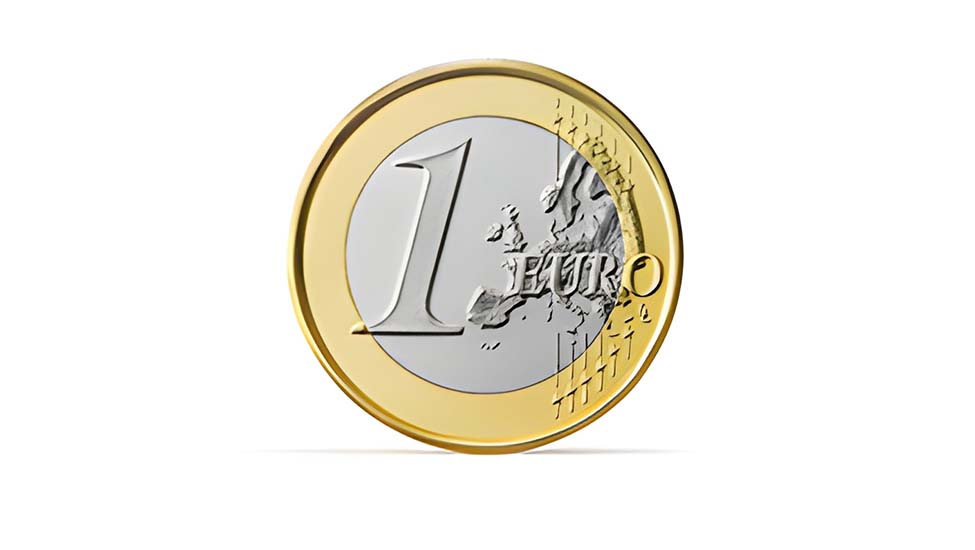The Newsletter n°482 — 11 avr. 2011
La Lettre
Mathilde Lemoine
—
11 April 2011
Crisis
1 January 1970

Vote/United Kingdom
1 January 1970
Icesave/Iceland
1 January 1970
Chronicles
1 January 1970
Elections/Finland
1 January 1970
Defence
1 January 1970
Belgium
1 January 1970

Portugal
1 January 1970
Luxembourg
1 January 1970
WTO
1 January 1970
Spain
1 January 1970
Germany
1 January 1970
Iceland
1 January 1970
ECB
1 January 1970
France
1 January 1970
Denmark
1 January 1970
OECD
1 January 1970
Parliament
1 January 1970

Businesses
1 January 1970

Roma
1 January 1970
Space
1 January 1970
Development
1 January 1970
Balkans
1 January 1970
Budget
1 January 1970

Immigration
1 January 1970
Single Market
1 January 1970
Nuclear
1 January 1970
Arab World
1 January 1970
Ivory Coast
1 January 1970

Economy/Finances
1 January 1970
A400M
1 January 1970

Israel
1 January 1970

Politics
1 January 1970
Name
1 January 1970

Demography
1 January 1970

Germany
1 January 1970

Government
1 January 1970

European Parliament
1 January 1970

Serbia
1 January 1970
Romania
1 January 1970
Canal
1 January 1970
Ivory Coast
1 January 1970
Read more -another link -another link -another link -another link
Law/Media
1 January 1970

Tunisia
1 January 1970

Immigration
1 January 1970
Norway
1 January 1970

Malta
1 January 1970

Greece
1 January 1970
Austria
1 January 1970
Resignation
1 January 1970

Justice
1 January 1970

President
1 January 1970

Pensions
1 January 1970

The future
1 January 1970

Icesave
1 January 1970

Women
1 January 1970

Industry
1 January 1970

Trade
1 January 1970
Crisis
1 January 1970

Strategy
1 January 1970
Caucasus
1 January 1970
Budget
1 January 1970
Euro
1 January 1970
Arms
1 January 1970
Schuman Report
1 January 1970

Balkans
1 January 1970
Festival/Linz
1 January 1970

Exhibition/Aix-la-Chapelle
1 January 1970
Exhibition/Giverny
1 January 1970
Exhibition/Paris
1 January 1970
Heritage
1 January 1970
Exhibition/Venice
1 January 1970
Exhibitions/Miro
1 January 1970
Architecture
1 January 1970
Agenda
11th and 12th April
Informal Meeting of Competitiveness Ministers ()
11th and 12th April
"Justice/Internal Affairs" Council ()
12th April
"Foreign Affairs" Council ()
13th April
"General Affairs" Council ()
14th and 15th April
Meeting of NATO Foreign Ministers in Berlin ()
14th and 15th April
"Agriculture and Fisheries" Council ()
17th April
General Elections - Finland ()
What the European Parliament should ask of future Commissioners
The European Union between the United States and China: should we choose between equidistance and following?
What future for European defence?
Europe in a fragmented global economy: making the most of the single market and competition policy
European Defence and Russia
The Editors of the Newsletter :
Stefanie Buzmaniuk, Helen Levy
N°ISSN : 2729-6482
Editor-in-Chief :
Eric Maurice
Director of Publication :
Pascale Joannin
Any questions or suggestions?
Contact Us!







